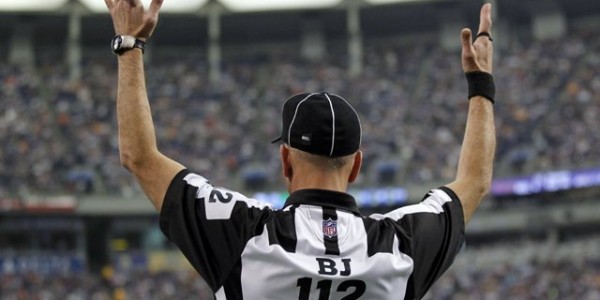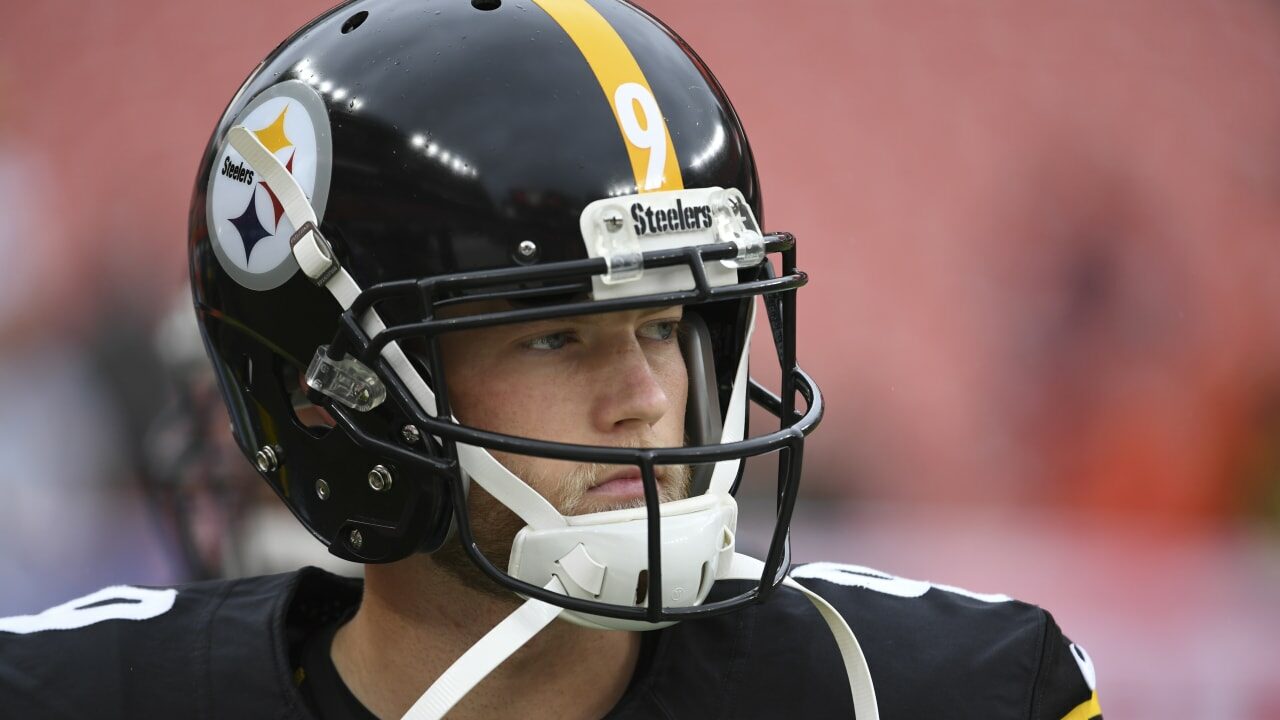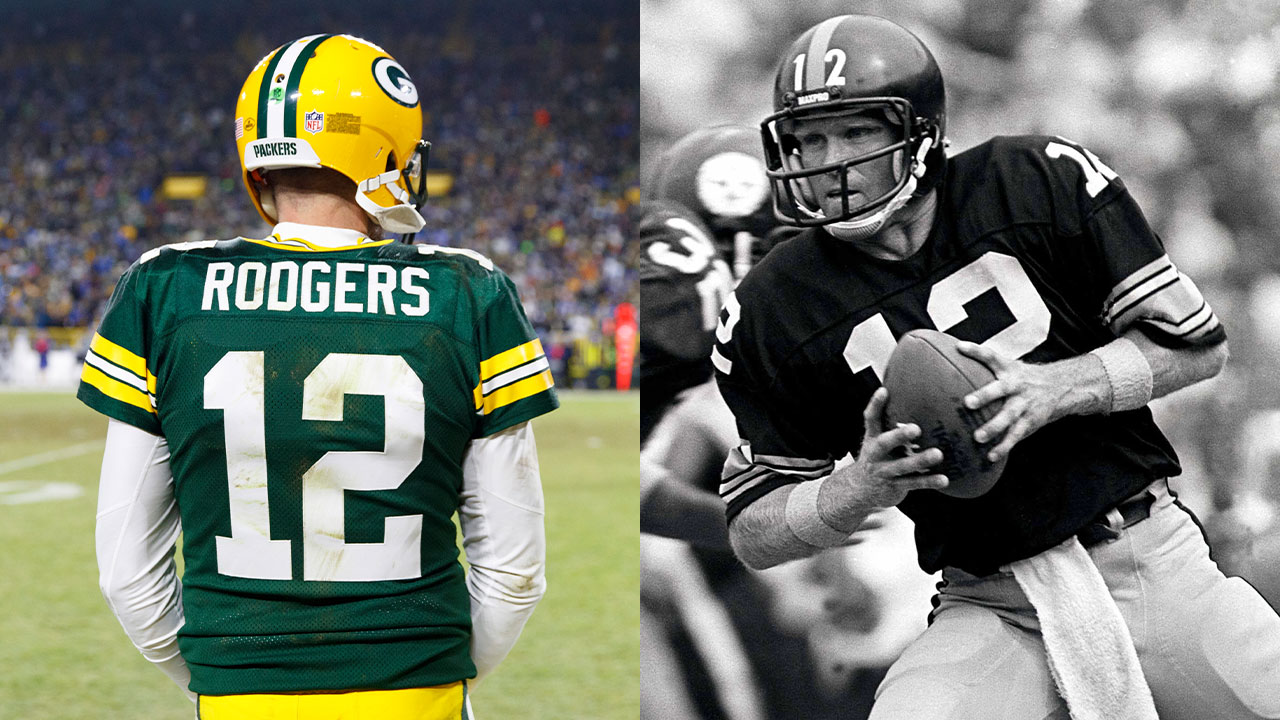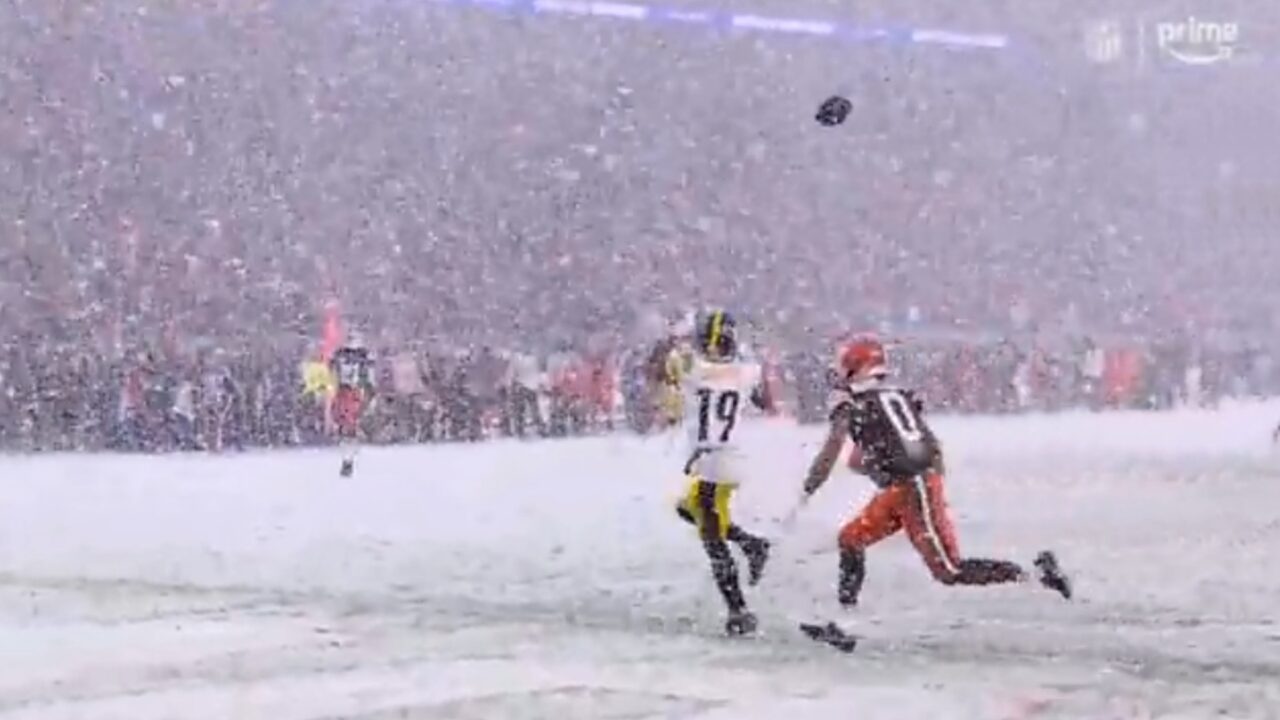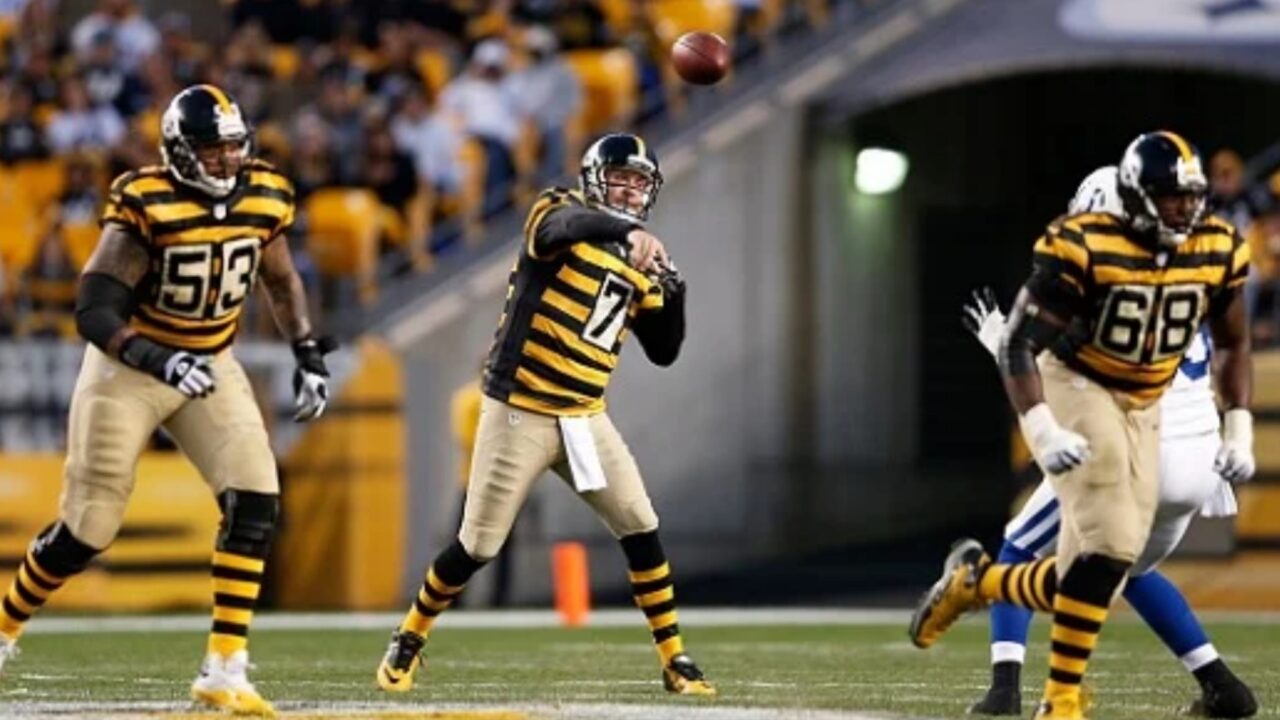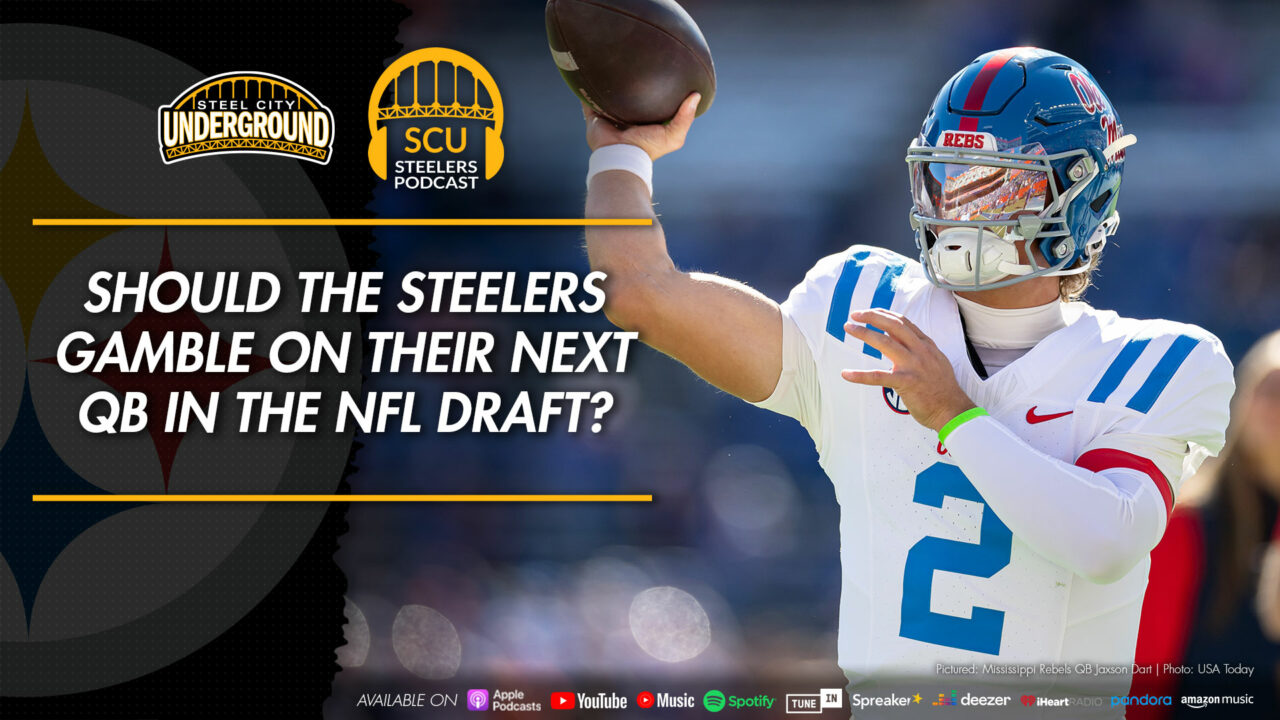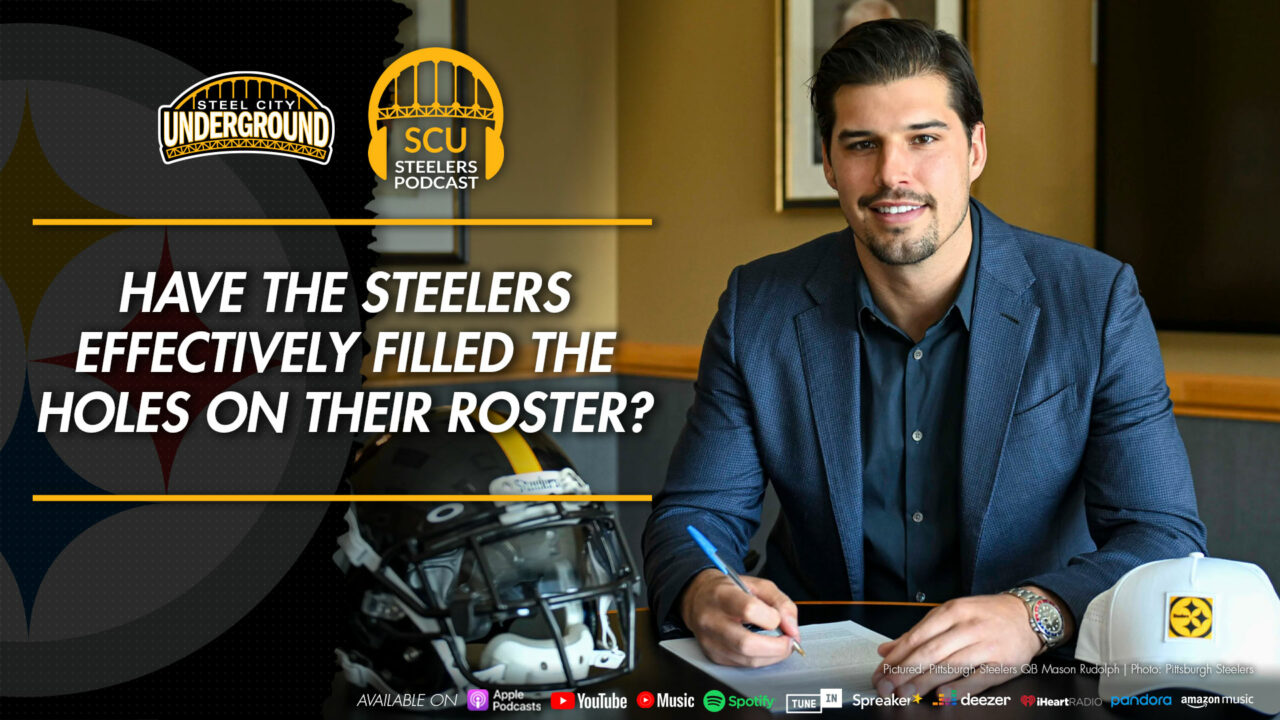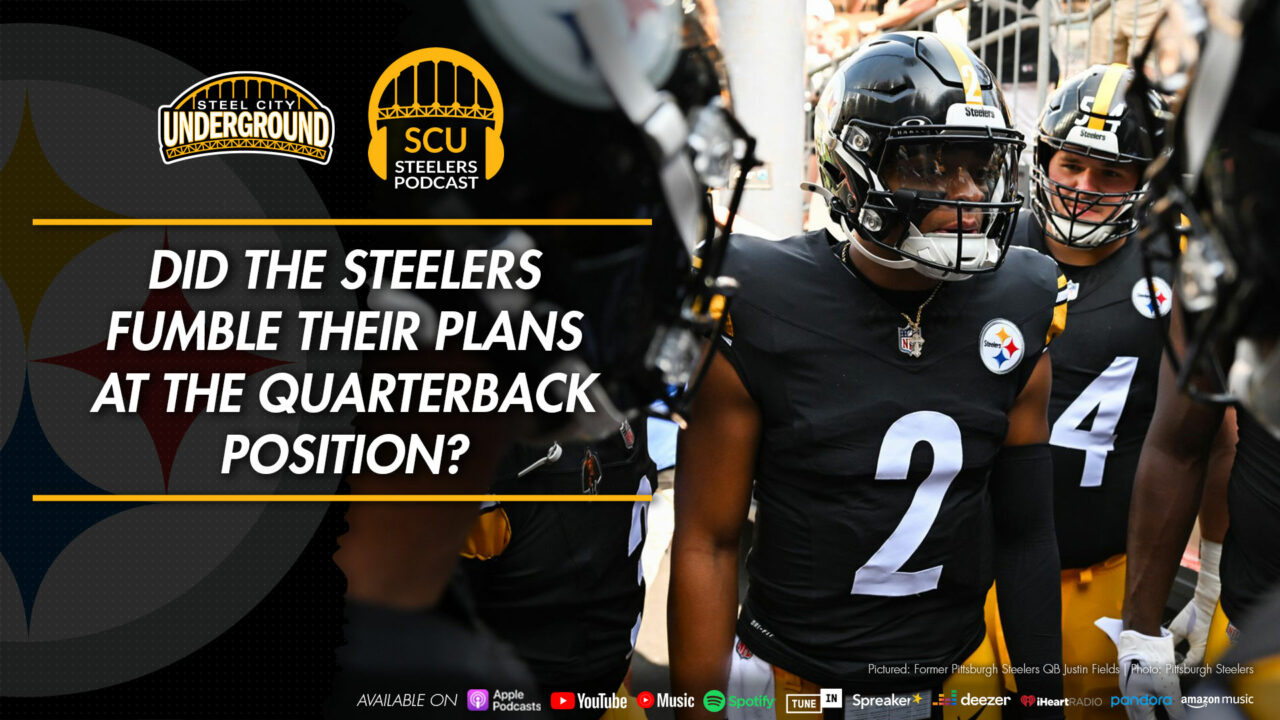Why Clete Blakeman Couldn’t Call A Fair Game
In my “Likes and Dislikes” dissection of the Steelers Wild Card game against the Baltimore Ravens, I made some comments about referee Clete Blakeman and his officiating team:
At no time did the game, in my opinion, feel fairly called. The balance of decisions (called or not) appeared to go in favor of Baltimore. I don’t want to sound like the guy blaming the outcome of the game on the referees, but there’s enough doubt to think a change in a call or two definitely had an impact on the game overall.
Let me be the first to point out, the Steelers made plenty of mistakes of their own which cost them the game. However, as the saying goes, it helps when a team isn’t playing against two teams: their opponents and the zebras.
However, I would be remiss to not call out referee Clete Blakeman and his crew, for the way in which the Steelers were constantly dragged backwards after making progress. I could care less if a call goes against my team, but I would want that same call made for my team.
It’s called consistency, and it’s something Blakeman’s crew sorely lacks.
But there are also a number of other reasons, beyond inconsistency, that did not help Blakeman’s crew call it down the middle. In fact, I feel they were doomed before they set foot in Pittsburgh.
For fans who may have forgotten, Blakeman is the same referee who officiated the Atlanta game, where a clean sack by Jason Worilds was flagged and lead to an Atlanta touchdown. Luckily, that score didn’t impact the end result of the game: but it could have.
Blakeman was also the referee when the Steelers lost by 2 points in Baltimore on Thanksgiving night in 2013, one season ago.
In that game, Heath Miller was ruled down short of the goal line, after the play was ruled a touchdown on the field. Soon after, Le’Veon Bell was hit so hard he was concussed and his helmet came off… and though he crossed the goal line, the play was upheld and ruled dead before the score.
The Steelers were prevented by scoring in both plays, not by the Ravens defense, but by the officiating crew. And because Pittsburgh didn’t score, they had to run additional plays which wasted precious seconds off the clock in their comeback bid to win the game.
I wouldn’t question this if it wasn’t a known Harbaugh tactic, as seen in the Super Bowl a couple of years ago. As soon as Pittsburgh scored, it was already too late to do anything after a failed onside kick attempt.
If this looks, smells or sounds familiar, it’s because it is.
Bell was crushed last season without a flag, yet Ben Tate drew an easy call in the Wild Card game.
Antonio Brown, like Heath Miller a year earlier, made a play which was ruled a touchdown on the field. However, what looked like inconclusive evidence to overturn the call in replay, again became overturned when Blakeman left the hood.
The coincidences don’t stop at comparing those two games, as there were many head-scratchers within the context of Saturday’s game.
Terrell Suggs drew a holding call on a would be Dri Archer touchdown (another score called back) but earlier in the game, James Harrison was in a “roll out the barrel” arm-lock with a Ravens lineman, similarly dragged short of Joe Flacco on his TD pass to Torrey Smith?
And how does Antwon Blake get called for pass interference, yet Martavis Bryant (and the following 3rd down play involving Heath Miller) both get ruled as “incidental” contact?
This is the NFL playoffs, and this type of inconsistency, by an officiating crew selected to work the postseason, in unacceptable.
Those decisions put points on Baltimore’s side of the scoreboard while taking away points from Pittsburgh’s side. In the case of the Bryant and Miller no-calls, it ended a drive at mid-field; promising, if you consider where Bryant was “incidentally” contacted (proven well within Shaun Suisham striking distance, as Mr. Reliable hit 45 and 49 yard field goals earlier in the night.)
But the finger-pointing doesn’t come from just the biased Steelers faithful…
It’s fair to say Baltimore didn’t like the Mike Tomlin-Jacoby Jones kick return incident in the Thanksgiving night game, but Blakeman’s crew was involved in another, controversial, last minute, offensive pass interference call against the Ravens when they faced Cincinnati. This call against Steve Smith Sr. cost the Ravens that particular game. Allowing Blakeman’s crew to work this rivalry match a year after another high profile (and controversial) Sunday Night game, is a major no-no on the league’s behalf.
I’m sorry to be so hard on the officials (I defended referees in the preseason) but it’s difficult to believe Blakeman and his crew entered this game with no preconceived notions.
As a referee myself, it’s commonplace for the referee team to discuss “war stories” in the locker room. Considering the NFL crews stay and travel together throughout the season, and from season-to-season they have little turnover, this is a recipe for disaster.
There’s someone out there thinking “well they know the teams” but that’s what makes it worse. I can certainly assure you, Mike Tomlin and John Harbaugh weren’t thinking rosy thoughts about having a team of referees with a bad track record against both of their teams.
Couldn’t they get someone else? Well, is there enough referees to cover games?
Yes.
There are enough to cover up to 16 games in a weekend, and crews do not see the same teams more than twice during the regular season. Much of the process is about who saw who, and when, as much as it’s which team goes on in the tournament. Even so, surveying the potential options, there were other options:
Ed Hocculi‘s crew (Carolina/Arizona) was definitely out after seeing the Steelers a week earlier.
Carl Cheffers (Bengals/Colts) handled the Steelers-Browns opener and oversaw the Ravens-Falcons. Neither game had controversy, and while he was the center of attention in the infamous “unreviewable” fumble in the Packers-Steelers game last season, Cheffers has never had the Steelers versus the Ravens during his time as a head referee in the league.
The last option, who is under the microscope of controversy for his team’s performance in the Cowboys-Lions game this weekend, is Peter Morelli. Morelli, saw the Steelers twice this season (at Cleveland and against New Orleans) but hadn’t seen Pittsburgh more than once since 2010. Morelli avoided the Ravens all season and only saw them once in 2013.
Despite what happened in the Dallas game, we can’t assume the same would’ve happened at Heinz. Therefore, Cheffers and Morelli both had a cleaner slate to work with than Blakeman.
Unfortunately for Blakeman, he was put into a position where he couldn’t win no matter what he did. Officiating is a thankless job, and knowing such, those in the decision making process should’ve known better than to set Blakeman up in such a bad spot:
Because the real losers aren’t Blakeman’s officiating team, rather the players, coaches and fans: when they don’t have the illusion of a fairly contested, entertaining game.
